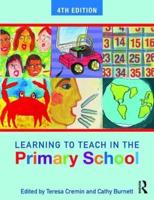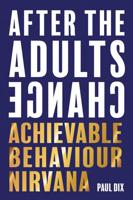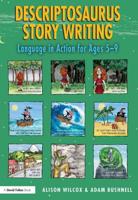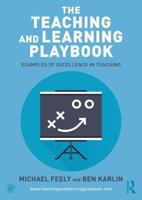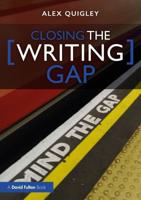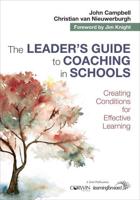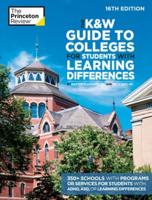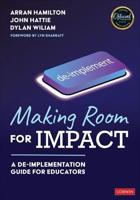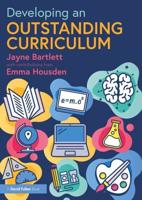Publisher's Synopsis
Straight Talk for Veterans: A Guide to Success in College answers the call by veterans and practitioners to move away from academic volumes that don't resonate with the reader and frankly fall short of really helping veterans succeed in college. Veteran-friendliness is a straightforward concept that is, in most contexts, more lip-service than action and is rarely achieved. Conceptualizing veteran-friendliness is best done in plain language, the way veterans talk to each other, and is about improving the cultural competency of non-veterans. Too many volumes written by people that either aren't veterans or do not really understand veterans have left the field wanting for a text that can both inform practitioners who intend to help veterans succeed and speak in no-nonsense language that veterans prefer. Straight Talk for Veterans is a straight-forward guide primarily intended for those transitioning from the military to higher education, but also for general veteran transitions to civilian life. Designed as a companion text aligned with veteran transition curricula, it serves the dual purpose of guiding veterans through the initial culture shock that can come with joining and academic community directly from the military and guiding practitioners to be able to support veterans through a more culturally competent lens. Straight talk's diverse chapter authors deliver a comprehensive array of accessible information that covers concepts of negotiating transitions, navigating higher education, skills assessment and translation, and a series of fresh perspectives on concepts frequently misunderstood or mischaracterized by civilians. This text is most valuable to the student veteran or the campus that wants to focus their energies on the real success of student veterans: graduating and finding a job. Written in a style that speaks directly to the student, this is not an attempt to over analyze student veterans with anecdotal observations and small-scale research. Expert chapter authors come from positions of extensive experience as either veterans, those who have served veterans for a long time, those who have conducted meaningful research on the experiences of student veterans, or a combination of these. These elite scholars include Kevin Jones, Janine Wert, Aynsley Diamond, Adam Fullerton, Sharon Young, Michael Kirchner, Sarah Minnis, Glenn Phillips, and Sosanya Jones. The end-state of attending college for veterans is not simply to earn a degree, but to improve prospects for a career that will move a veteran forward to increasing economic prosperity. As such, the book takes a progressive approach from transitioning out of the military, into and through higher education and out into the work world. The reader's time is not spent rehashing the original GI Bill and its history, or education benefits - topics that have been well-trodden in the field. This book combines proven research, best practices and first-hand experience to deliver on what every student veteran needs: solid advice on how to succeed in the transition through college to the workplace.

